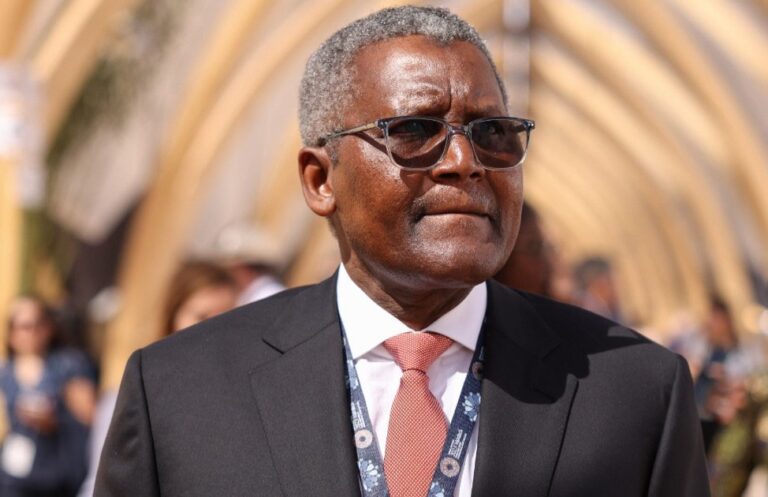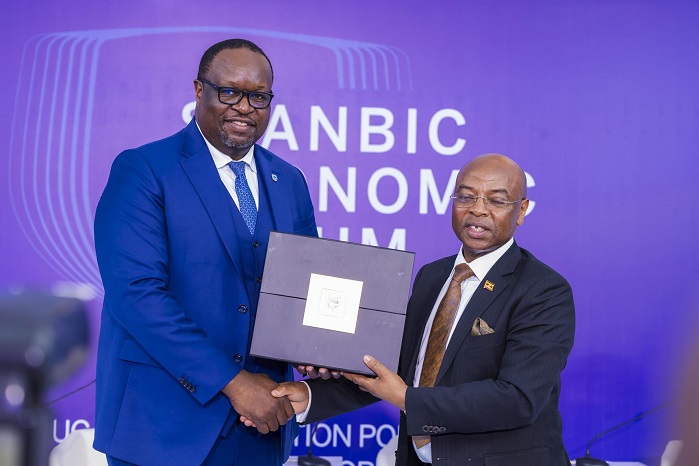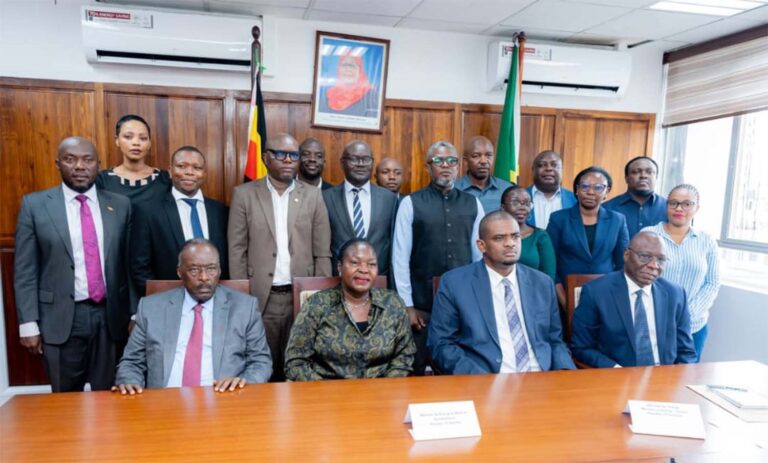
Casual-labourers-working-at-a-construction-camp-at-the-Tilenga-Industrial-Area-project-in-Buliisa-district
Kampala, Uganda I HABARI DAILY I In a significant move towards combating climate change and promoting environmental sustainability, Absa Bank Uganda has entered into a 3-year partnership with the Kampala City Council Authority (KCCA) to plant up to 1 million trees in the city.
Failure to manage and equitably share wealth that would accrue from oil results into what has come to commonly be referred to as an Oil Curse.
The Oil Curse shows why oil wealth typically creates less economic growth than it should. It additionally shows why it produces jobs for men but not women, and why it creates more problems in poor states than in rich ones.
It also warns that the global thirst for petroleum is causing companies to drill in increasingly poor nations, which could further spread the curse.
But thanks to the Extractive Industries Transparency Initiative (EITI), Uganda might not experience the oil curse, which has befallen many African oil producing nations, as well as others around the world.
EITI, which is a global standard to promote the open and accountable management of natural resources, seeks to strengthen government and company systems, inform public debate, and enhance trust.
In each implementing country, Uganda inclusive, it is supported by a Multi-Stakeholder Group (MSG) comprising government representatives, extractive company officials and civil society organisations working together.
The EITI was first announced at the World Summit on Sustainable Development in Johannesburg in 2002 (the Earth Summit 2002) and was officially launched in London in 2003.
EITI is currently being implemented in 55 countries in Africa, Asia, Europe and the Americas.
According to the Uganda Extractive Industries Transparency Initiative (UGEITI)
UGEITI Report for Fiscal Year 2019-20, the EITI Standard sets out the requirements that countries need to meet to be recognized as full members.
First and foremost, member countries are first recognized as EITI affiliates, and subsequently as being compliant to the codes that govern the institution. The Standard is overseen by the EITI Board, which comprises 20 members representing implementing countries, supporting countries, civil society organisations, and industry and institutional investors.
Launched in May 2022, the report says the 43rd EITI Board meeting held in Paris on 17 June 2019 adopted the 2019 EITI Standard, which became applicable from 1 January 2020. It is the sixth version since the EITI Principles were agreed in 2003.
“It encourages countries to make use of existing reporting systems for EITI data collection and make the results transparent at source. The 2019 Standard introduced new aspects on environmental, social, and gender impacts. It also requires the disclosure of the identity of the real owners – the ‘beneficial owners’ – of the companies that have obtained rights to extract oil, gas and minerals, starting from 2020,” reads part of the report.
UGANDA ON BOARD
Uganda was admitted to the EITI in August 2020 as a member country. The basis of Uganda’s admission was the submission of a candidacy application, which detailed the country’s statement of intent for improving the governance of its extractive sector as documented in the Uganda EITI National Work plan 2020 – 20224.
This work plan has three objectives, the first of which is to enhance transparency in the extractives sector to promote good governance and accountability in the management of extractive revenues
The second one is to strengthen revenue management and accountability with a view to ensure effective collection, optimisation and allocation of revenues, while the third one is to build the operational and technical capacity of the Multi-Stakeholder Group (MSG) and the Secretariat to ensure that EITI is effectively implemented.
EITI implementation in Uganda is overseen by a tripartite MSG comprising twenty-five members, who include five representatives from civil society organisations, seven from extractive companies and thirteen from the Government.
“The MSG is supported by a Secretariat (UGEITI) which oversees EITI implementation on a day-to-day basis,” further reads the report.
ACODE PIONEERS
To amply advance the EITI cause locally is the Advocates Coalition for Development and Environment (ACODE) Uganda. This body, which has earned international recognition during the years of its existence, is an independent public policy research and advocacy think tank based in Uganda.
It works in the East and Southern Africa sub-regions on a range of public policy issues.
“Our core business is policy research and analysis, policy outreach and capacity building. We are recognised among the Top-100 Think Tanks worldwide in 2017 Global Think Tank Index published by the University of Pennsylvania,” reads a recent ACODE statement.
Since its founding 22 years ago, ACODE has emerged as one of the leading regional public policy think tanks in Sub-Saharan African pursuing four main objectives.
One of their main objective is to strengthen public finance management and increase economic opportunities for vulnerable groups, in addition to strengthening democracy and security institutions.
Another of ACODE objectives is to improve governance and ensure sustainable utilisation of environment and natural resources, as well as strengthening institutional capacity to enable policies for harnessing science, technology and innovation for sustainable development
As an independent organisation, ACODE does not align with any political party or political organisation.
“Given the direct relationship between development policy and politics, we believe that our work is political and it must stand for certain political causes of a bi-partisan nature,” stipulates ACODE.
INDUSTRY REPORT
As a sign of its maturity, ACODE spearheaded the launch of Uganda’s first EITI report. This was finalised in May 2022, while it’s validation will commence in April 2023. This report will enable players in Uganda’s extractive industry reflect on the past, and focus on the future as it looks forward to Uganda’s First Oil, set for 2025.
EITI requires its members, such as Uganda to publish comprehensive annual reports, which must include full disclosure of government revenues from the extractive sector, as well as the disclosure of all material payments made to the government by companies operating in the oil, gas and mining sectors.
“The objective of this EITI report is to gain an understanding of the level of contributions of the extractive sector to the economic and social development of Uganda. It also looks at improving transparency and good governance at all levels of the extractive industry value chain,” says ACODE.
DT Global in consortium with BDO LLP and VJW Consulting Ltd was appointed as Independent Administrator to prepare the first UGEITI Report for the year ended 30 June 2020.
This engagement was carried out in accordance with the International Standards on Related Services (ISRS 4400 Engagements to perform agreed upon procedures regarding Financial Information).
The procedures performed were those set out in the terms of reference as defined in the Contract for Consultants’ Services. “The reconciliation procedures carried out were not designed to constitute an audit or a review in accordance with International Standards on Auditing or International Standards on Review Engagements,” reads the report, adding that as a result, no assurances on the transactions beyond the explicit statements set out in this report are being expressed.
Reported data disaggregated by extractive entities, Government agencies and revenue streams, are boldly presented in this report. It incorporates all sector information received up to 28 March 2022




